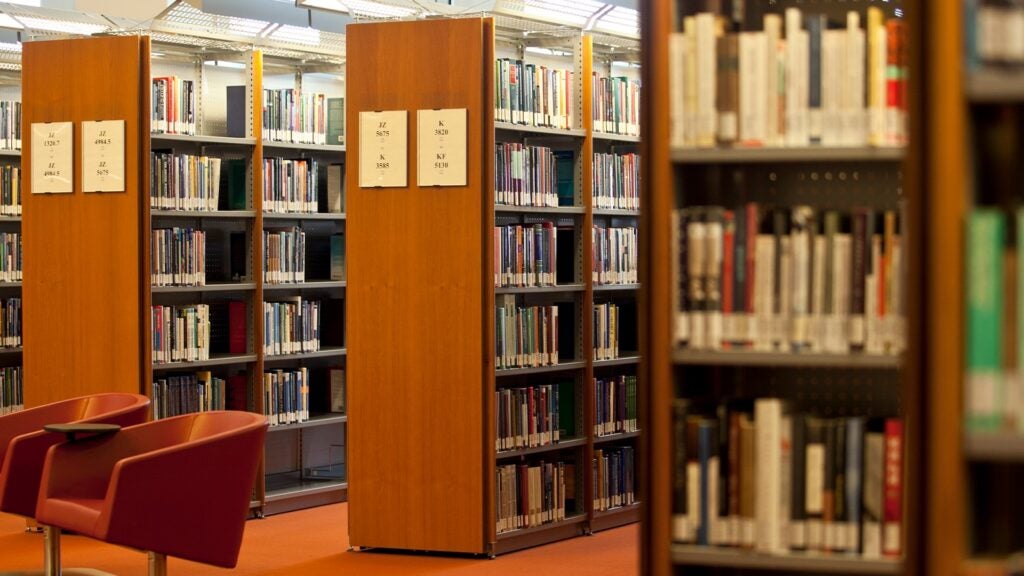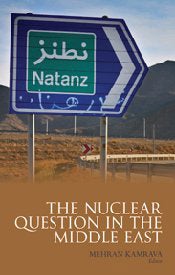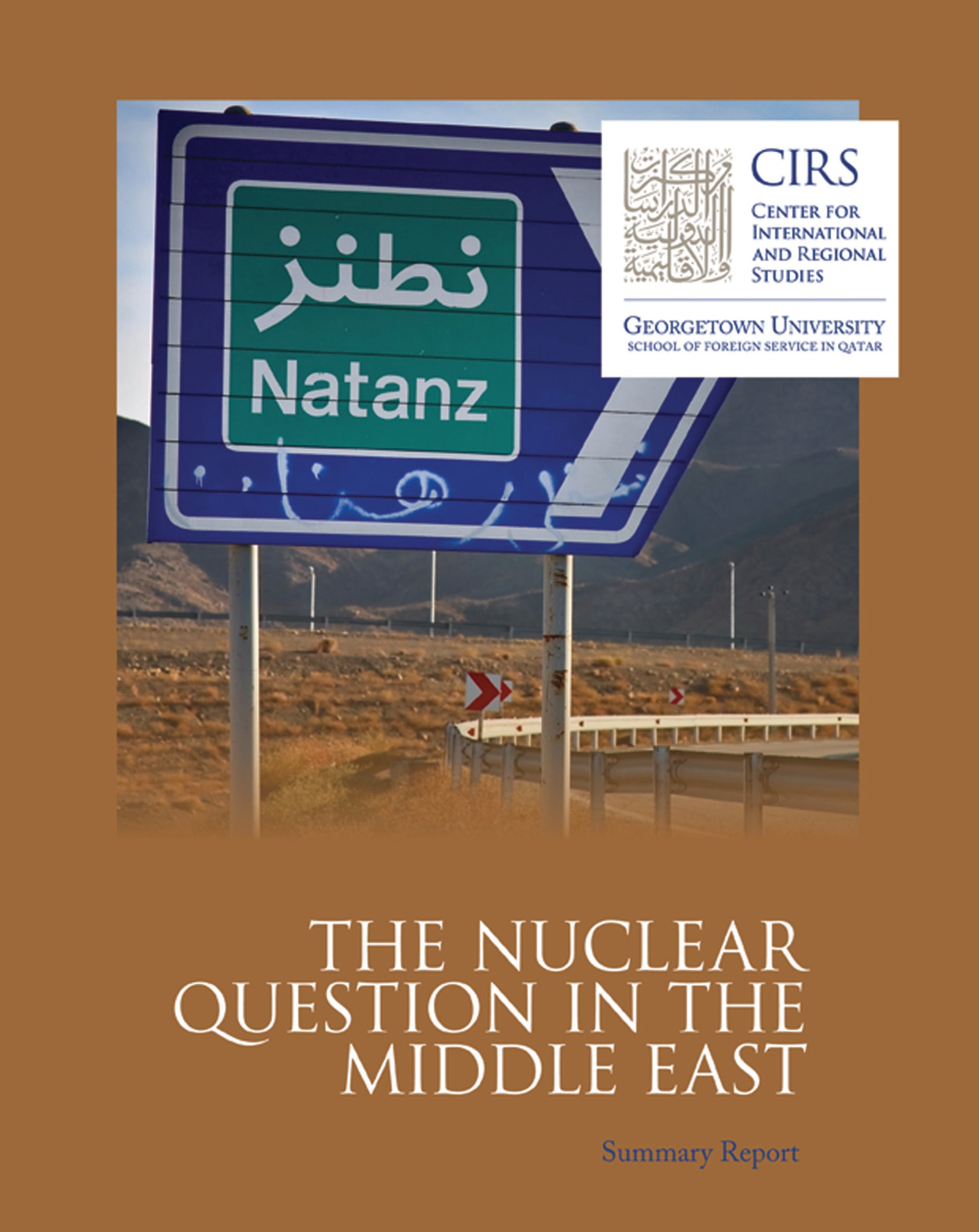Publications


Mehran Kamrava, ed., The Nuclear Question in the Middle East (Oxford University Press/Hurst, 2012).
This is the first book of its kind to combine thematic and theoretical discussions regarding nuclear weapons and nuclear energy with case studies from across the region. This is a uniquely comprehensive book of great originality, with contributions from some of the most renowned specialists of nuclear politics in the Middle East, tackling a contentious issue with informed scholarly insight. Read more at Hurst Publishers.
Summary Report

“The Nuclear Question in the Middle East,” CIRS Summary Report no. 4 (Doha, Qatar: Center for International and Regional Studies, 2012).
The following is an excerpt from Mehran Kamrava’s introductory chapter.
Much of the scholarly and policy attention concerning nuclear programs, both civilian and military, revolves around questions of proliferation and non-proliferation. Why and when do states choose to proliferate or abstain from proliferation? What are the causal domestic and international dynamics at work? What potential linkages are possible between civilian and military nuclear programs? And, what are the precise interplays of individual decisions and institutional forces that result in certain proliferation or non-proliferation outcomes? These and other similar questions have occupied prominent positions in much of the contemporary scholarship on nuclear studies.
Concurrent with and reinforcing the focus on proliferation has been a rediscovery over the last decade or so of the virtues of nuclear power as a relatively reliable and environment-friendly energy source. Particularly until the devastating March 2011 earthquake in Japan, which soon led to a series of explosions at some of the effected nuclear power plants and leakages of radioactive materials into the air and the seawater, the world was witnessing a “nuclear renaissance” that reached into the four corners of the globe. The Middle East was no exception, with Arab League states deciding in 2007 to expand the peaceful use of nuclear technology in order to meet their diverse energy needs in a sustainable manner.
Given this rediscovery of the virtues of nuclear power around the globe, it is important to differentiate between two related phenomena: a potential growth in the production of nuclear energy by states that already have nuclear power production facilities, and the potential spread of nuclear power plants and related facilities to states that are new entrants to the “nuclear energy club.” To alleviate potential concerns about proliferation, multilateral nuclear arrangements have grown in popularity as a way to strengthen the non-proliferation regime through the “de-nationalization” of sensitive fuel cycle facilities in non-nuclear weapons states. Access to nuclear energy technology by non-nuclear weapons states (NNWS) inevitably leads to concerns about the possible acquisition of nuclear weapons as both require similar skills and technologies, the most notable being uranium enrichment and plutonium reprocessing capabilities. There are two key ingredients for making nuclear weapons: separated plutonium, and highly enriched uranium (HEU). Civilian nuclear power plants produce low enriched uranium (LEU) and give countries access to civilian-separated plutonium. But the potential for converting LEU to HEU can significantly increase the possibility of latent proliferation and “breakout” capacity, whereby fissile materials for weapons purposes are swiftly, and perhaps even openly, produced.
Proliferation concerns abound. At the same time, there is genuine frustration by the non-nuclear states when the nuclear weapons states (NWS) pressure them to observe the non-proliferation regime that they themselves are unwilling to abide by. Articles IV and VI of the Non-Proliferation Treaty (NPT), which define rights and obligations with respect to peaceful use of nuclear energy and nuclear weapons disarmament respectively, are often seen as particularly preferential to supplier, nuclear-weapons states. For their part, given the opportunity, most Middle Eastern states could either enter into joint partnerships for the construction of, or purchase outright, relatively advanced nuclear power plants. Mutual distrust and outright competition, as the case of the Gulf Cooperation Council has demonstrated, make the possible emergence of such joint partnerships in the Persian Gulf seem unlikely. Even more consequential is current distribution of power in the international community, and particularly given the roles currently played by the United States and the European Union, making it highly unlikely for cooperative nuclear arrangements to emerge within the GCC or other Middle Eastern states because of potential breakout and proliferation possibilities.
In 2011 the Middle East witnessed domestic upheavals of unprecedented proportions. It is unclear whether or not what came to be known as the Arab Spring will have lasting and meaningful consequences for the domestic and international politics of the region. As the initial euphoria of perceived democratization movements across North Africa and the Middle East gave way to the sober realization of brutal authoritarian persistence—as made tragically clear in Libya, Syria, and Bahrain—the imperative of regime survival as an overriding focus of domestic and foreign policy pursuits was once again driven home. Whatever direction Middle Eastern leaders decide to follow on the nuclear question will be similarly based on regime survival calculations. For the time being, the initial indications do not signal radical shifts across the region: in order not to be left behind, and in response to their own needs, the other GCC states are likely to adopt paths similar to that of the UAE; Israel is unlikely to abandon its carefully guarded policy of opacity any time in the near future; Turkey’s nuclear aspirations will most likely continue to be viewed with skepticism by its Western allies; Iranian leaders are likely to continue with their often dangerous game of nuclear hedging; and regional circumstances and domestic policy preferences will continue to undermine conditions for a nuclear weapons free zone. It is unlikely, in other words, that questions and tensions around nuclear issues in the Middle East will diminish any time soon.